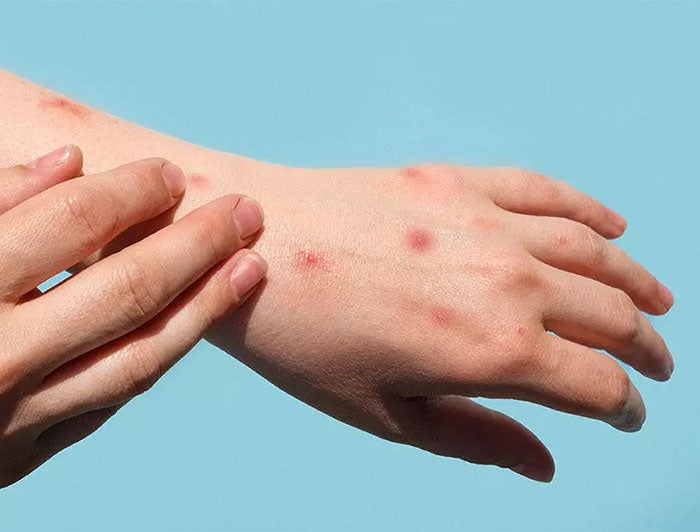Mpox patients gain days of clarity, as Harborview Medical Center clinicians became adept at early identification

Though mpox cases are not life-threatening, recovery from the infectious disease caused by the monkeypox virus, it is still no picnic. Mpox can cause a painful rash, a fever and other flu-like symptoms. And once someone tests for it through a polymerase chain reaction (PCR) lab test, they must wait five or more days for results that confirm the infection. Those extra days come with uncertainty to the person experiencing uncomfortable symptoms and putting their life on hold; a little bit of clarity can make a big difference.
Recent research findings, authored in part by UW Medicine, showed that during western Washington’s 2022 mpox outbreak, emergency response teams were highly accurate at identifying suspected mpox and providing same-day care. Clinicians at the King County Sexual Health Clinic at Harborview Medical correctly predicted and administered tecovirimat to 71% of 121 people who were later confirmed to have mpox. They also predicted with 99% accuracy which patients would be found mpox-negative via PCR test.
“In cases where you might send off a swab to get tested and you don’t get the answer back for six days, that’s six days that someone is at home on pins and needles, worried and wondering: Can I see friends? Can I go to work? What if staying home means not getting a paycheck?” said study co-author Chase Cannon, M.D., assistant professor in the Department of Medicine, Division of Allergy and Infectious Diseases at UW Medicine and medical director for the Public Health Seattle & King County STD Clinic.
Though Cannon noted that the World Health Organization’s stance is that only a PCR test can definitively confirm mpox, there is also value in a same-day provisional diagnosis.
“It’s hugely helpful to tell someone upfront, ‘This really looks like mpox. We’ll send the swab for confirmation, but I’m fairly certain that’s what this is,’” he said. “We can start counseling patients and setting their expectations for what will happen, isolation recommendations, how to keep themselves and others safe.”
The paper was published Feb. 29 in the journal Sexually Transmitted Diseases. Harborview Medical Center is owned by King County and managed by UW Medicine. LEARN MORE

